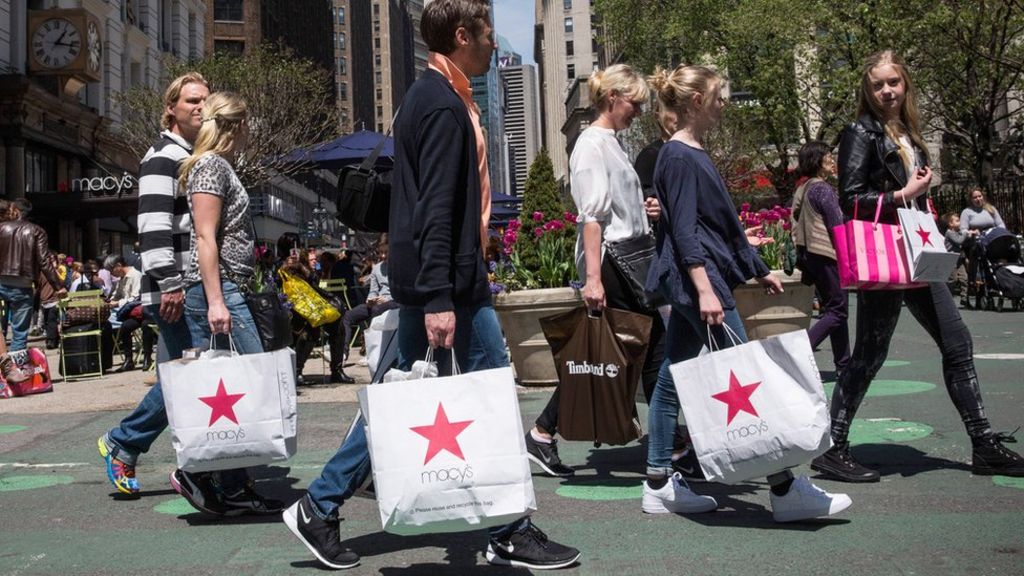
The economic growth of United Kingdom slowed in the first quarter and now economists are debating whether the trend is just the beginning of the Brexit stagnation.
Official figures revealed the GDP rose just 0.3 percent, which is less than half of the 0.7 percent growth rate of last quarter in 2016.
The figure is even half of the forecast of Bank of England.
According to head of European fixed income strategy at Scotiabank, Alan Clarke, the pace is like hitting traffic, driving away for the bank holiday and slowing down to 30mph from 70mph and it is starting to rain.
BoE governor Mark Carney said last November the central bank had underestimated consumers’ resilience in the wake of Brexit. Following the referendum in June 2016 the sterling dropped over 15 percent.
However, Carney did mention the tension between consumer strength and more pessimistic expectations of markets will be resolved.
He said consumer spending may be slowing down as the inflation will start to weigh on real incomes of the people.
Lately the prices of household commodities have gone up and value of pound has gone down. This scenario has started to curb consumer spending.
However, the outlook is highly uncertain now and depends on how consumers change their habit in the wake of UK general election on June 8.


